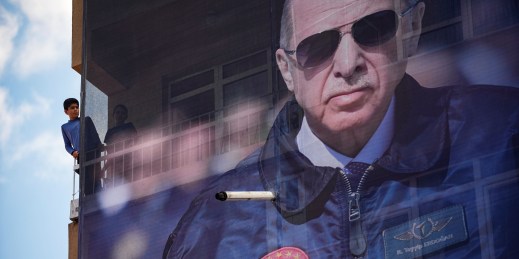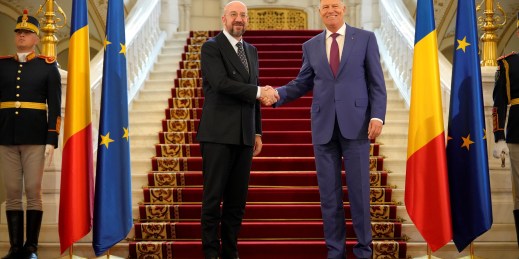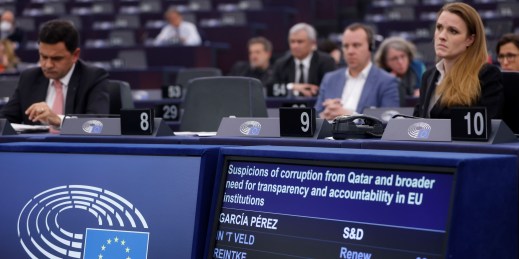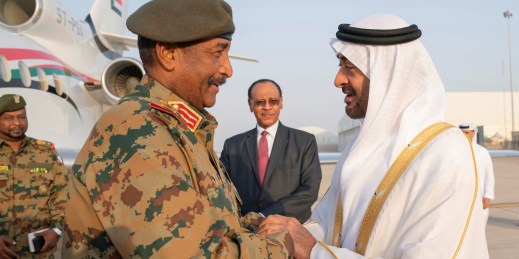
EU officials are still digesting the result of Turkey’s general election, which saw the presidential race head to a second-round runoff. While President Erdogan’s antagonism toward Europe has won him few friends in Brussels, many are also wondering if the runoff might present a case of “better the devil you know.”



